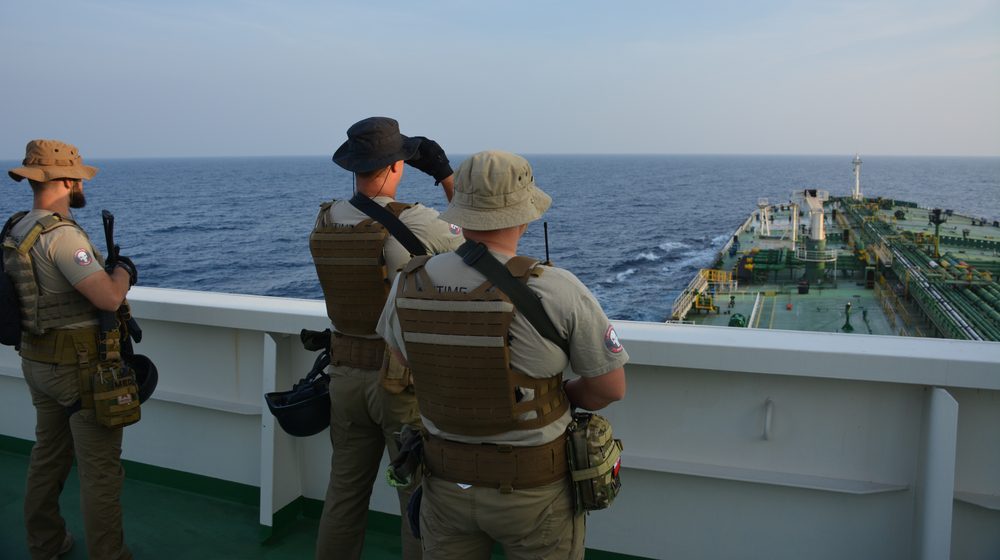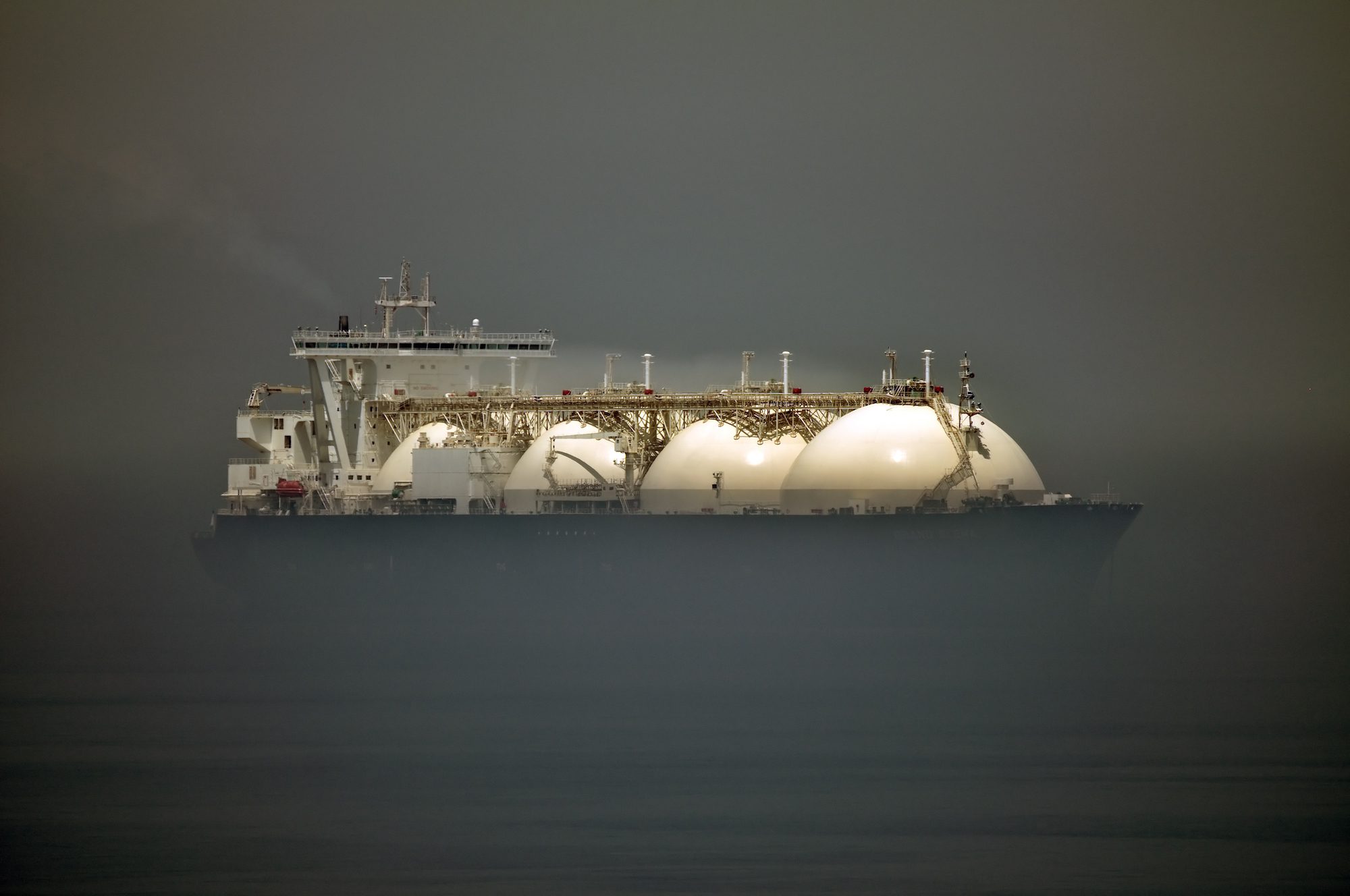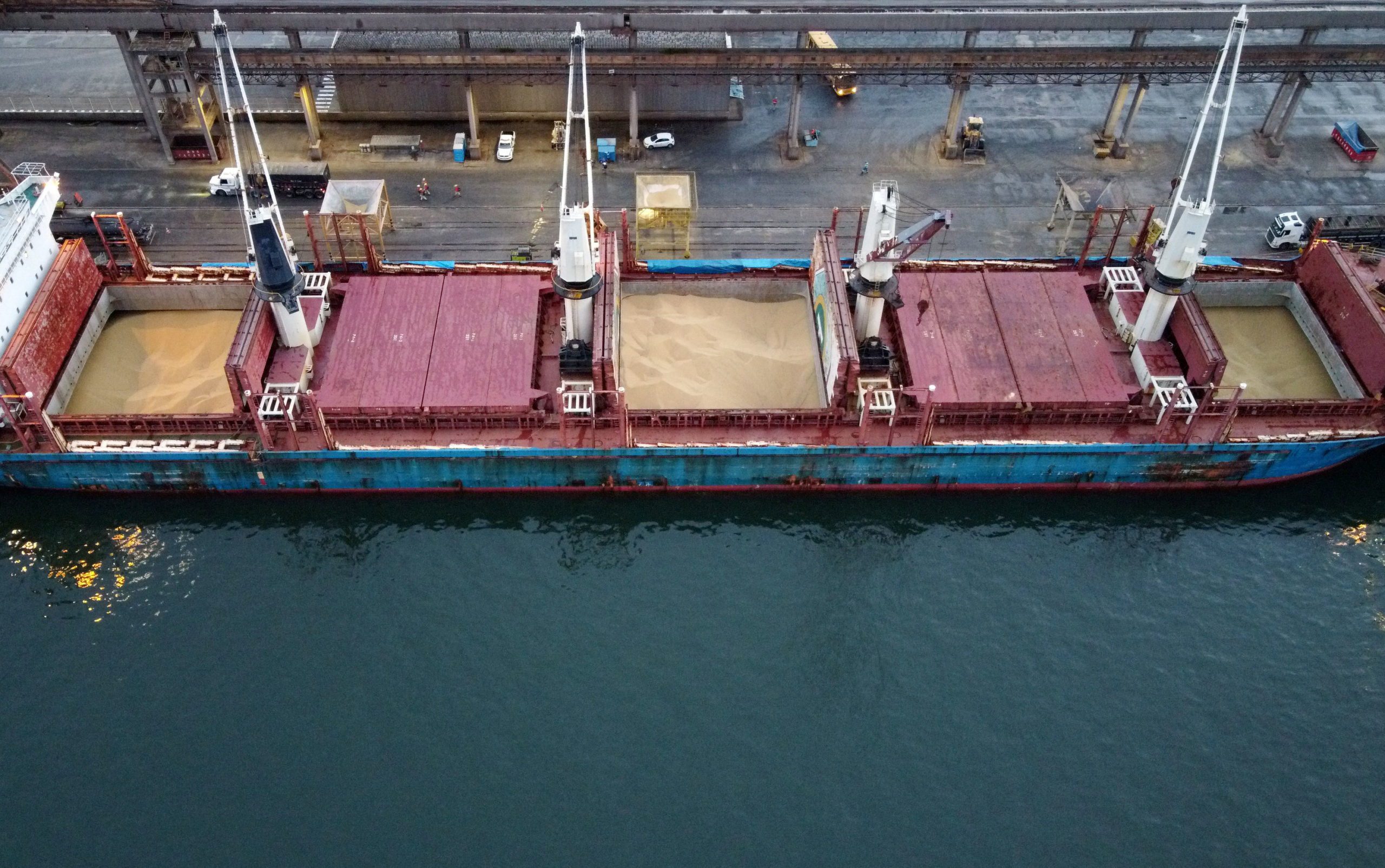By Rakteem Katakey and Alex Longley (Bloomberg) —
Armed guards on a fuel tanker exchanged gunfire with a small boat in the Red Sea, another sign of escalating risks in one of the world’s most crucial waterways.
The frequency of attacks in the maritime corridor handling about 12% of global trade has increased in recent days. The latest incident takes the number of merchant ships attacked or approached around Yemen since Israel’s war with Hamas broke out in October to about a dozen. Iran-backed Houthi militants, who support Hamas in the conflict, have claimed many of those hits.
The Ardmore Encounter came under attack while transiting the Red Sea, its owner and operator Ardmore Shipping Corp. said in a statement. No one boarded, all crew are safe and there was no damage on-board.
Israel’s president, Isaac Herzog, said the international community needed to act fast against the Iran-backed rebel group, which has been fighting a civil war in Yemen since 2014 and has said it will target Israel and its assets unless the war in the Gaza Strip ends.
“The Houthis have crossed a red line in the Red Sea,” Herzog said on X on Wednesday after the latest incident. “Under the direction of their totalitarian commanders in Tehran, the Houthis’ continued acts of terrorism and piracy against ships of all nationalities and ownerships requires the entire international community to act, united, forcefully, and decisively.”
The UK Maritime Trade Operations and security intelligence company Ambrey said shots were fired after a speedboat approached the Ardmore Encounter and that at least two missiles were launched. The vessel’s owner counts Israeli businessman Idan Ofer as a minority shareholder, Ambrey said. A separate incident was reported south of Oman.
While it has become commonplace for ships to deploy armed guards when navigating certain maritime corridors, it’s less usual for them to engage with their attackers, and underscores the increasingly fraught nature of navigation through the Red Sea.
The ship was carrying a cargo of jet fuel from India to Europe, Ardmore said.
The Houthis have said they would attack ships that have links to — or are sailing toward — Israel, describing them as “legitimate targets.” Other Iran-backed militant groups in Lebanon, Iraq and Syria have been launching missiles toward Israel or at US bases to pressure the Israeli government to halt its ground assault on Gaza, which is governed by Hamas.
Another fuel tanker called the Strinda that was hired by Eni SpA and heading to Italy was struck by a missile in the Red Sea earlier this week. The Houthis said they targeted the vessel because it was destined for Israel, and port information shows it was due to go there early next year.
The Houthis are still holding a car carrier called the Galaxy Leader that they seized on Nov. 19. That ship is part-owned by a company of Israeli businessman Rami Ungar.
War Premium
While the number of attacks so far is small relative to how many ships go through the waterway, war risk premiums for vessels calling in the Red Sea have been steadily increasing over recent weeks. They rose further after the attack on Strinda, according to two people involved in the market. Rates, which are quoted as a percentage of the value of the vessel, were somewhere between 0.2% and 0.25% — a similar level to when vessels were hit in the Persian Gulf in 2019.
Ambrey said in a report on Tuesday that the scope of the vessels being attacked is set to widen to include ships that have recently called at Israel. It is advising clients to limit crew how much crew move around on the deck of a ship when traveling in the area.
“This narrow chokepoint, flanked by Yemen, Djibouti, and Eritrea, is crucial for global shipping and trade, with approximately $1 trillion worth of trade passing through annually,” maritime security company Dryad Global wrote following the attack on the Strinda. “Such attacks pose not only a regional geopolitical risk but a significant global economic threat.”
© 2023 Bloomberg L.P.

 Join The Club
Join The Club











